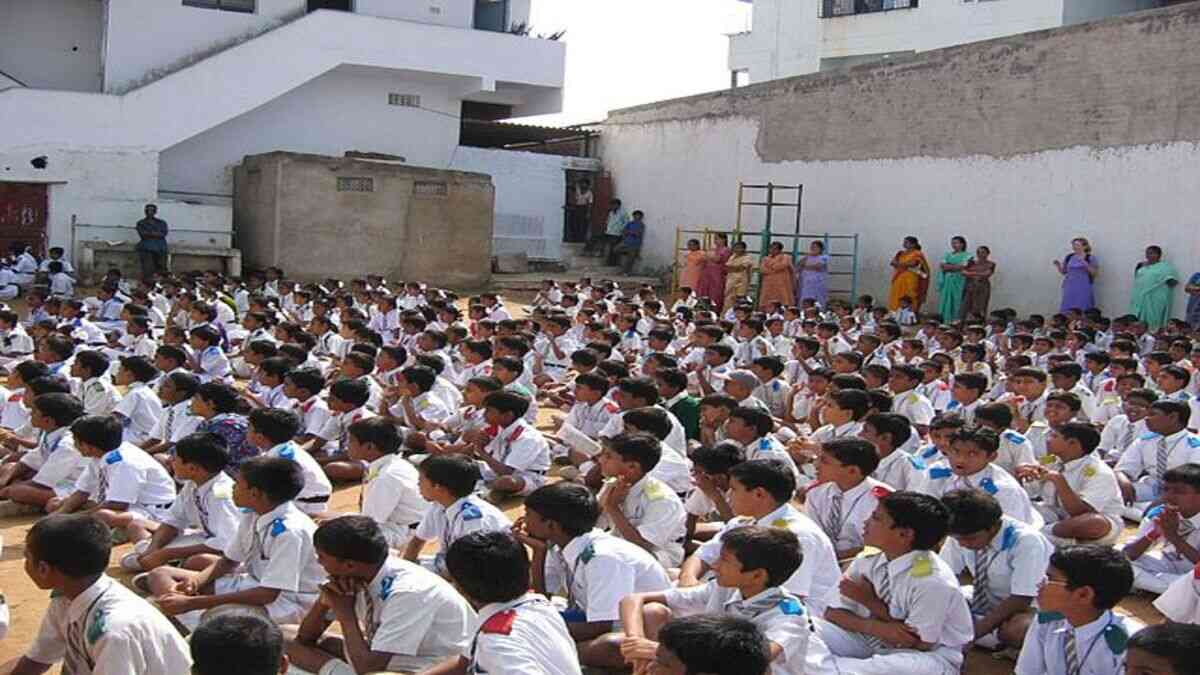CBSE introduces helpline number ‘MANAS-1933’ to tackle drug abuse in schools
Vaishnavi Shukla | September 5, 2025 | 04:10 PM IST | 1 min read
CBSE: The MANAS helpline number has been launched by the government of India for students, parents, and teachers to strengthen the ‘zero tolerance’ policy against drug abuse in schools.

The Central Board of Secondary Education (CBSE) has introduced a national narcotics helpline number ‘MANAS-1933’ for students, parents, and teachers. The government of India has launched a helpline number to strengthen the policy of ‘zero tolerance’ against drug abuse.
To ensure wider outreach, the anti-narcotics task forces (ANTFs) across states and union territories (UTs) have been integrated with this helpline. The 24/7 MANAS helpline number can be used to share information related to drug trafficking and provide information related to rehabilitation or counseling.
“The compliance report regarding the display of banners or posters may be maintained at the school level for reference as and when sought by the Board,” the official CBSE notice reads.
Also read CBSE unveils 8 major changes for Class 10, 12 board exams; what students need to know
CBSE’s instructions for schools
CBSE has directed all schools to widely publicise the ‘MANAS helpline’ via outreach activities and spread awareness among students, parents, and teachers. Schools can display the banners of the MANAS helpline number at the gate, reception, notice boards, and other visible areas of the premises.
Furthermore, schools can disseminate the helpline number during assemblies, parent-teacher meetings to ensure maximum awareness.
“This initiative aims at strengthening awareness and building a drug-free school ecosystem. Schools are requested to extend full cooperation and motivate students to actively support this cause,” the official CBSE notice adds.
Follow us for the latest education news on colleges and universities, admission, courses, exams, research, education policies, study abroad and more..
To get in touch, write to us at news@careers360.com.
Next Story
]CBSE partners with Narcotics Control Bureau to curb drug menace in schools
The agreement between the two will pave the way for joint initiatives, including quarterly awareness programmes, capacity-building workshops for teachers, counsellors, e-modules on drug prevention, community outreach, among other efforts.
Suviral Shukla